Hormonal acne is a common skin condition that affects many individuals, particularly during adolescence, but it can also persist into adulthood. Unlike regular acne, which various factors can trigger, hormonal acne is linked explicitly to fluctuations in hormone levels. Understanding the causes and available treatments for hormonal acne is essential for managing this often-persistent condition.
Helpful Products You Might Like
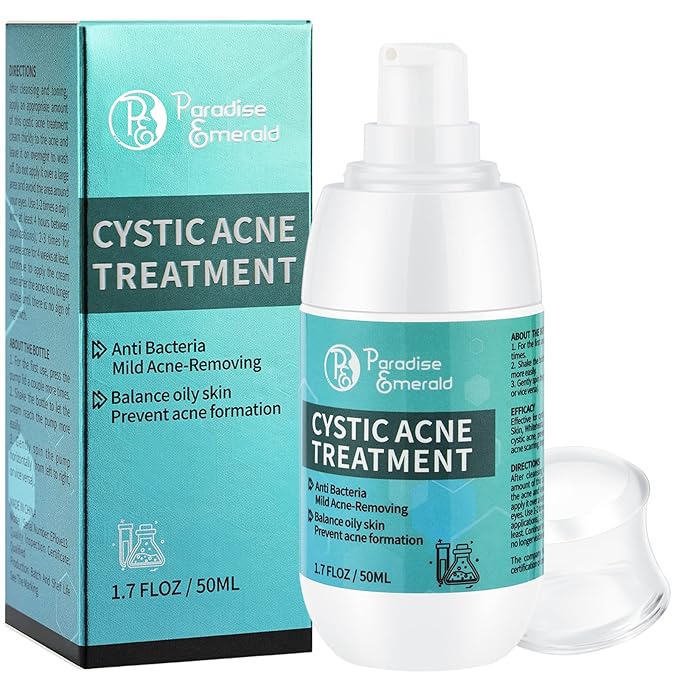
Cystic Acne Treatment
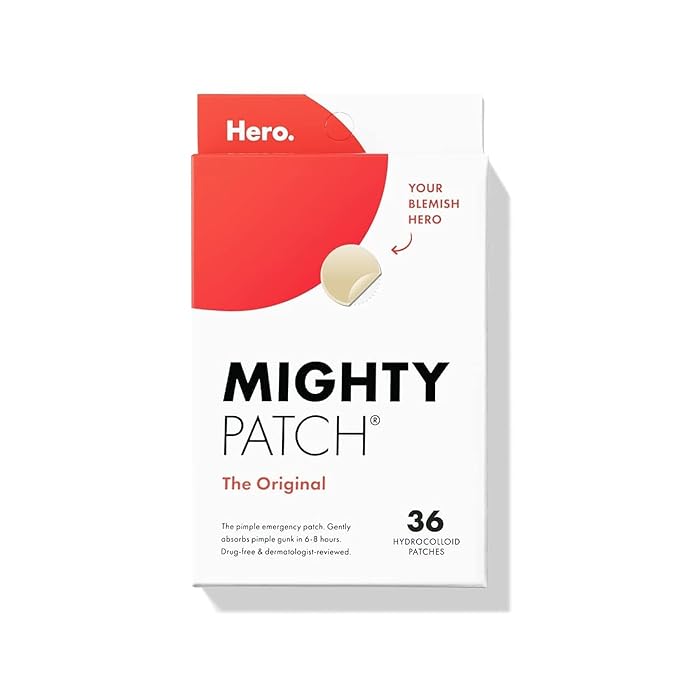
Mighty Acne Patch
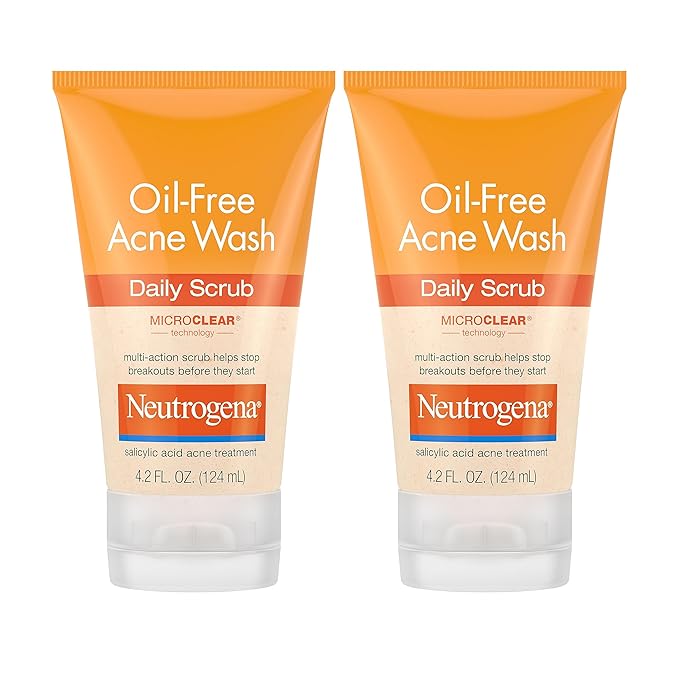
Neutrogena Oil-Free Acne Face Scrub
"(Paid Links)" 
Causes of Hormonal Acne
Hormonal acne is primarily caused by fluctuations in hormone levels, particularly androgens, such as testosterone. These hormones can increase the size and activity of sebaceous (oil) glands in the skin, producing excess oil. This excess oil can clog pores, trapping bacteria and dead skin cells inside, resulting in inflammation and acne formation.
Hormonal changes can occur at various stages of life, such as puberty, menstruation, pregnancy, and menopause. During these times, the body’s hormone levels fluctuate significantly, which can increase acne breakouts. For women, hormonal acne is often most noticeable around the chin and jawline, where androgen receptors are susceptible.
In addition to natural hormonal changes, certain lifestyle factors can also exacerbate hormonal acne. Stress, for example, can lead to an increase in cortisol levels, which in turn can trigger excess oil production. Similarly, a diet high in refined sugars and carbohydrates can cause spikes in insulin, which can lead to increased androgen production and, consequently, more acne.
Treatment for Hormonal Acne
Treating hormonal acne requires a multifaceted approach that addresses the root cause of the condition—hormonal imbalance. Here are some of the most effective treatments for managing hormonal acne:
Topical Treatments
Retinoids
Topical retinoids, such as tretinoin or adapalene, are derived from vitamin A and promote cell turnover and prevent the clogging of pores. These treatments are effective in reducing acne and improving skin texture.
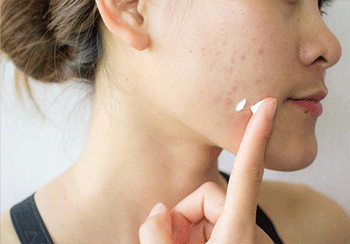
Benzoyl Peroxide
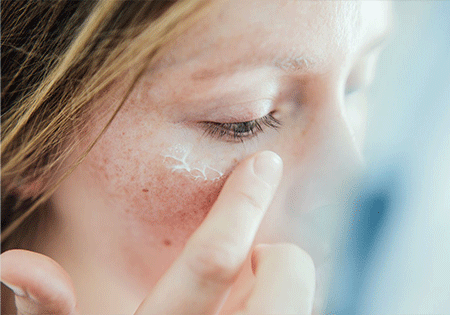
This is a common over-the-counter treatment that kills acne-causing bacteria and reduces inflammation. It’s often used in conjunction with other treatments to enhance its effectiveness.
Oral Medications
Oral Contraceptives
For women, certain oral contraceptives can help regulate hormone levels and reduce the severity of hormonal acne. These contraceptives work by balancing estrogen and progesterone levels, which can decrease the production of androgens.
Spironolactone
This oral medication is primarily used to treat high blood pressure but is also effective in treating hormonal acne. Spironolactone works by blocking androgen receptors in the skin, reducing oil production and acne formation.
Lifestyle Changes
Diet
Adopting a low-glycemic diet that is rich in whole foods, such as fruits, vegetables, and lean proteins, can help regulate insulin levels and reduce the likelihood of acne breakouts.
Stress Management
Since stress can exacerbate hormonal imbalances, practicing stress-reducing techniques, such as meditation, yoga, or deep breathing exercises, can help manage acne.
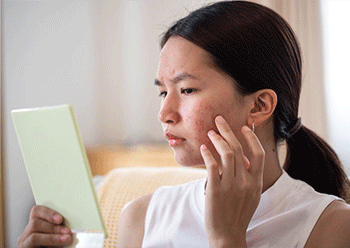
Professional Treatments
Chemical Peels
Chemical peels involve the application of a chemical solution to the skin, which helps remove the outermost layer and promotes the growth of new, healthier skin. This can be particularly effective for treating acne scars and reducing the appearance of hormonal acne.
Laser Therapy
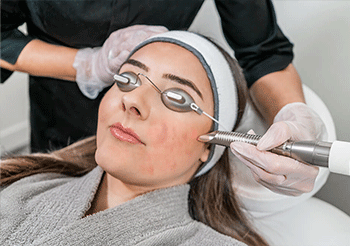
Laser treatments target the deeper layers of the skin, reducing oil production and killing acne-causing bacteria. These treatments can provide long-lasting results, particularly for individuals with persistent hormonal acne.
Conclusion
Hormonal acne can be a frustrating and persistent condition, but understanding its causes and treatment options can empower you to manage and reduce its impact. By combining topical and oral treatments with lifestyle changes and professional interventions, you can effectively control hormonal acne and achieve clearer, healthier skin. If you’re struggling with hormonal acne, it’s important to consult a dermatologist who can recommend a personalized treatment plan based on your specific needs.
